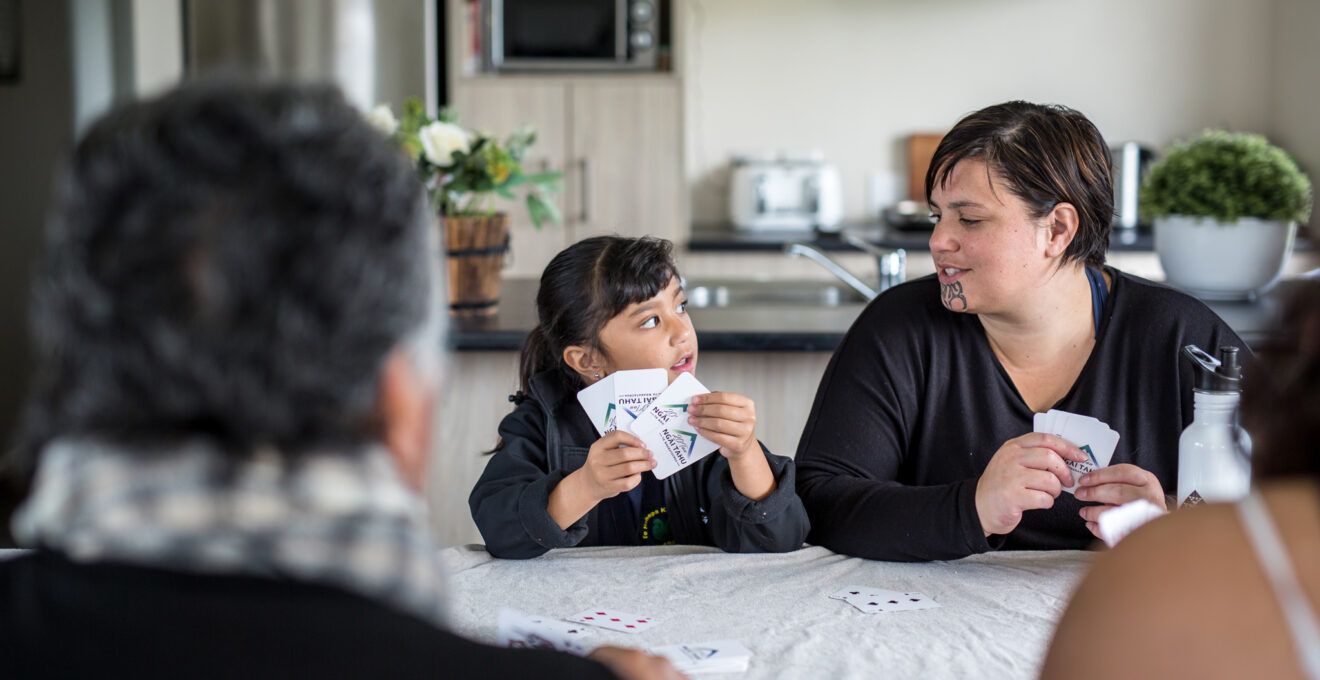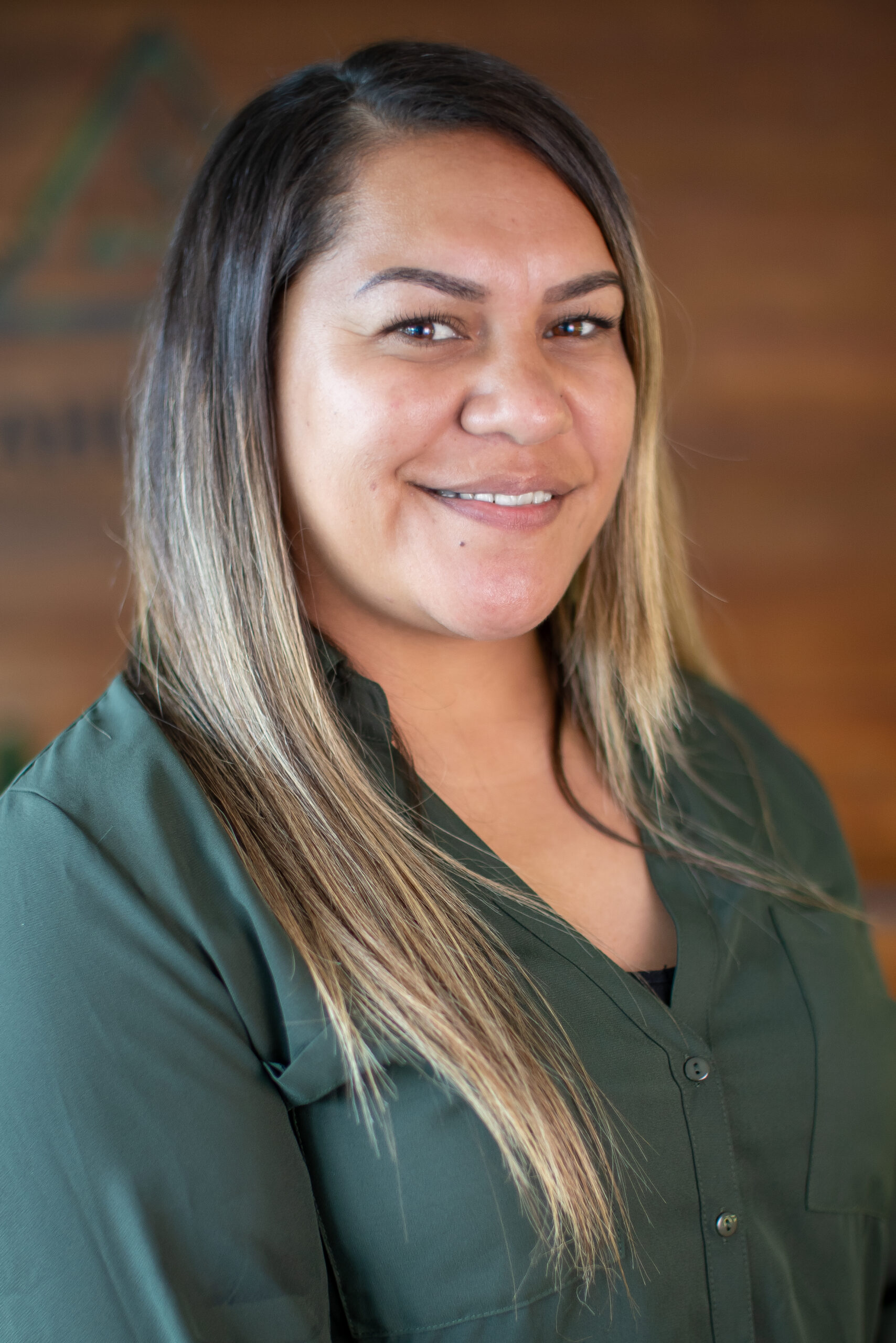Growing financially resilient tamariki – it is easier than you think!
We know that it is possible to pass on good money habits to your tamariki even if you’re still figuring it out for yourself, in fact we’d recommend it!
Going on a journey together can be so beneficial for you and your whānau – your tamariki will learn alongside you as you come to an understanding on a financial plan that works for you. We are not perfect money managers even as adults so trying to pretend we are for our kids’ sake is just not required. Tamariki too need to learn money smarts as they grow and one important way of doing this is to let them make mistakes. Mistakes with money lead to big life lessons and as long as we are there to support them through these issues then we are being great role models for them.
Some thoughts around money and tamariki:
Start with where you are
Go to respected sources of information that you trust and get your tamariki involved. Age dependent they can help with a budget or making family purchasing decisions.
Pocket money
This is a great way to introduce money into your home. It can often be tied to chores or mahi around the home but it can also be just a reward. Speak to your tamariki about spending some, saving some and keeping some for a koha.
Re-frame old money habits
If you know you have some bad money habits from the past then work through them as a whānau. Changing habits and behaviours is really powerful and if your tamariki are involved in that process it will help them too.
Whai Rawa has lots of money resources on our Ngā Kaitiaki Moni website – www.whairawa.com/tamariki and our whanau finance guides are designed to be shared and understood together.
Top tip from Josie
“I get my tamariki to help out in the supermarket, it’s one of the best places to show them how money can have a big impact! We get to a product and we can compare prices, weight or brand. Is this one worth the extra $1? If we buy the bigger one is that cheaper overall? Even getting tamariki aged around 4-5 engaged in the process can be as simple as giving them a coin or two and getting them to choose something for that amount. They need to look for numbers and what they want. Plus, the buying of the item and getting a receipt for it gets them to feel empowered with their spending.”
Josie Crimmins is the Marketing Manager for Whai Rawa
Top tip from Jordan
“My kids have set jobs they are required to do in order to earn their pocket money weekly, such as keeping their room tidy, making sure their uniform is hung up, dishes and washing. If they don’t complete their jobs their money is deducted or they don’t receive it at all.
When they are given their pocket money I ask them about their wants (usually makeup!), or if they would like to save up for something. We talk to them about how long it’ll take to save up for that something and if they do extra jobs around the house they will get extra money. Pocket money has been helpful for our whānau as before we would always buy them the things they wanted but I realised they weren’t seeing the value in those products and would waste them or give them away or not even look after them. Now they save up their pocket money to buy the things they want. “
Jordan Philips is the Member Benefit Advisor for Whai Rawa



